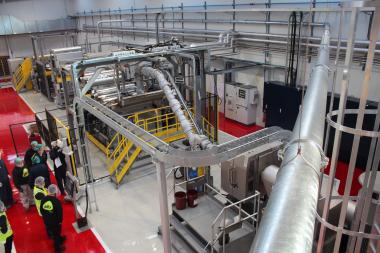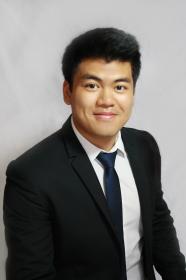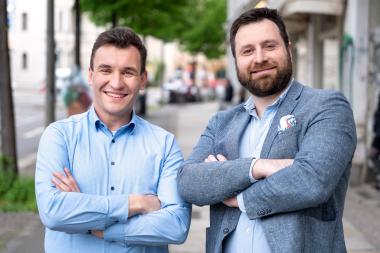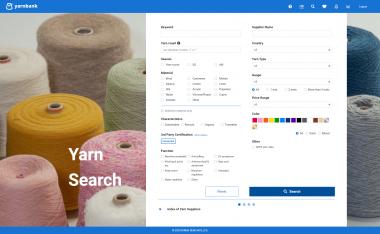AMUT/EREMA: From PET bottles straight to food contact grade r-PET packaging
AMUT’s strategic partnership with EREMA contributes to accelerate the transition towards a greener world. In summer 2021, EREMA in collaboration with AMUT has finalized the installation and commissioning of ALTO packaging ́s first extrusion line for food grade PET sheets in New Zealand market. At the ALTO Plastic Packaging site, in Albany, the plant now processes 100 % washed post-
consumer flakes into 100 % food contact grade monolayer thermoforming sheet. In New Zealand, this milestone represents the first system to be installed for this special application.
The plastic packaging company ALTO, a division of PACT Group, invested for this new food grade PET sheet extrusion line as a part of Pact Group ́s vision to lead Circular Economy through Packaging in Australia and New Zealand.
Thanks to the direct combination of VACUREMA® PET recycling technology and the AMUT Inline Sheet production technology there is no longer any extra process stage. This is, because the melt goes straight from the VACUREMA® 1716 T Basic to the AMUT plant without the detour of pelletising. The post-consumer PET material is already decontaminated and pre-dried prior to extrusion in the vacuum reactor of the VACUREMA® Basic, with a throughput of up to 1,500 kg per hour. After high capacity filtration by EREMA SW-RTF backflush filter and online IV measurement, the melt goes directly into the AMUT Inline Sheet plant where it is processed into thermoforming sheet from 0.15 mm till 1.2 mm thickness. The monolayer thermoforming sheet produced from pure rPET is not only 100 % food contact compliant, it also fulfils the FDA and further regulations. At ALTO it is further processed into trays and food containers.
AMUT played its part by providing a full range of downstream equipment ranging from the Automatic Tdie, three rolls stack calender with automatic gap control and motorized cross axing unit, lamination unit for welding and barrier films, thickness control gauge to anti-static silicon coating unit, fully automatic two shafts turret winder and in line edge trims grinding and recycling.
The special features of this extrusion line come from the complete automatic and easy management of the line. This is due to the new Amut`s software including the Easy Start and Easy Change functions that will allow the operator to start the extrusion line and change product formats in automatic mode.
EREMA and AMUT are long-term partners in the Inline Sheet sector. EREMA ́s VACUREMA® technology is currently in use in more than 100 Inline Sheet facilities around the world, also for PACT Group companies in Australia.

































